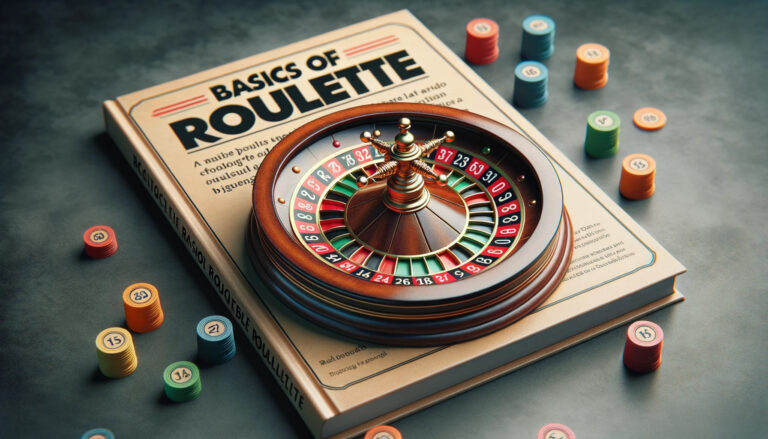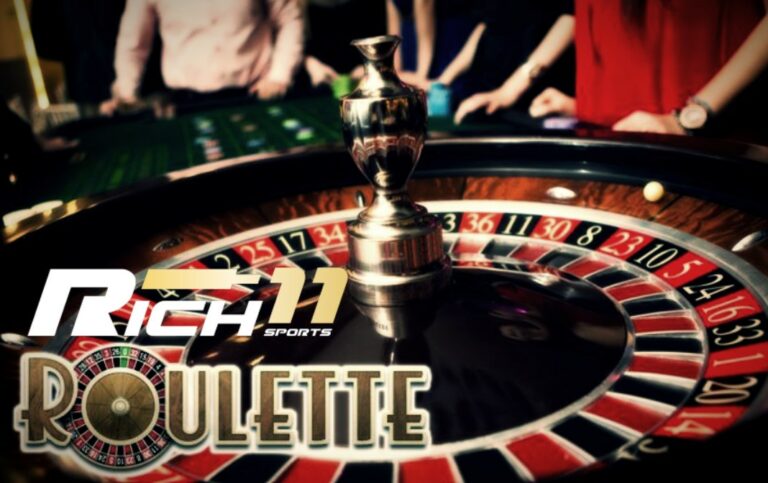Roulette, a game of chance and excitement, has captivated casino enthusiasts for centuries. While it may seem like luck is the sole determinant of success at the roulette table, there are strategies and techniques that seasoned players employ to tip the odds in their favor.
In this comprehensive guide, we will delve into the world of roulette strategies, exploring the methods and tactics that can transform you into a roulette winner.
Understanding the Basics
Before we dive into advanced strategies, let’s ensure we have a solid grasp of the basics of roulette. The game consists of a wheel with numbered and colored pockets and a small ball. Players place bets on where they think the ball will land when the wheel comes to a stop.
There are various types of bets in roulette, including red or black, odd or even, and individual numbers. Now that we’ve covered the essentials, let’s move on to the strategies that can elevate your game.
The Martingale System
One of the most well-known roulette strategies is the Martingale system. It’s a straightforward, yet potentially high-risk approach. The idea behind the Martingale system is to double your bet after each loss. The theory is that when you eventually win, you’ll recoup all your losses and make a profit equal to your initial bet.
For example, if you start with a $10 bet on black and it lands on red, you double your bet to $20 on the next spin. If it’s red again, you double it to $40, and so on. The moment you hit a winning spin, you’ll recover all your previous losses and have a net gain equal to your initial $10 bet.
While the Martingale system can be effective in the short term, it comes with a significant risk. If you encounter a series of losses, you could end up with substantial financial losses. It’s crucial to set limits and know when to walk away to avoid potential pitfalls.
The Fibonacci Strategy
The Fibonacci strategy is based on the famous Fibonacci sequence, where each number is the sum of the two preceding ones (e.g., 1, 1, 2, 3, 5, 8, 13, and so on). In roulette, this sequence is applied to betting. You start with a small bet and move to the next number in the sequence after a loss. After a win, you move back two numbers.
For instance, if you start with a $10 bet and lose, your next bet would be $10 (the same amount). If you lose again, you move to $20, then $30, and so forth, following the Fibonacci sequence. When you win, you regress two steps back in the sequence. This strategy aims to capitalize on winning streaks while mitigating losses during losing streaks.
The James Bond Strategy

If you’re a fan of Ian Fleming’s iconic spy, you might appreciate the James Bond roulette strategy. This strategy involves placing bets across the roulette table to cover a wide range of numbers. Here’s how it works:
- Place $140 on the high numbers (19-36).
- Place $50 on the six-line bet (covering numbers 13-18).
- Place $10 on zero as insurance.
With this strategy, you’re essentially covering 25 out of 37 possible outcomes (including zero). The idea is that you have a higher probability of winning, and if the ball lands on any number between 1 and 12, you still have a chance to break even or win.
The D’Alembert System
The D’Alembert system is a balanced approach to roulette betting. It’s based on the idea of equilibrium and assumes that over time, the number of red and black outcomes will be roughly equal. In this strategy, you increase your bet by one unit after a loss and decrease it by one unit after a win.
For instance, if you start with a $10 bet and lose, your next bet will be $11. If you win, your next bet will be $10 again. The D’Alembert system aims to capitalize on fluctuations in the game while maintaining a sense of balance in your betting.
The Importance of Bankroll Management
Regardless of the roulette strategy you choose to implement, one critical aspect of successful play is effective bankroll management. Set a budget for your roulette sessions and stick to it. Avoid chasing losses, and know when to walk away, whether you’re winning or losing.
In conclusion, while roulette remains a game of chance, employing a well-thought-out strategy can enhance your overall experience and potentially increase your chances of success.
Whether you prefer the Martingale system’s aggressiveness or the calculated approach of the D’Alembert system, remember that responsible and disciplined play is key to becoming a roulette winner. Good luck at the roulette table!









